
Why Small Businesses Need a Website—Now More Than Ever
This article explores why small businesses need a website to stay competitive and build trust.
In today’s digital-first economy, a website is no longer optional for small businesses—it’s essential. Whether you’re a local service provider, a logistics startup, or a retail shop, your website is your storefront, your pitch deck, and your customer service desk—all rolled into one.
📍 Visibility = Viability: Why Small Businesses Need a Website
Most customers begin their journey online. If your business isn’t showing up, it’s effectively invisible. A small business website ensures you’re discoverable through search engines, maps, and directories. It’s not just about being online—it’s about being findable.
Even if you rely on referrals or local traffic, people still search before they engage. A website with optimized local SEO can help you appear in “near me” searches, map listings, and review aggregators—giving you a competitive edge.
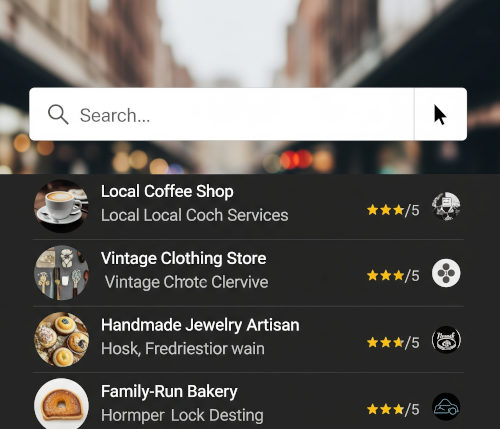
🧠 Credibility Starts with Design
One of the key reasons why small businesses need a website is to establish credibility from the first click.
A professionally designed website signals legitimacy. It tells potential customers you’re serious, trustworthy, and ready to serve. First impressions matter—and your homepage is often the first handshake.
Design isn’t just visual—it’s structural. Clear navigation, fast load times, and mobile responsiveness all contribute to perceived credibility. If your site looks outdated or broken on mobile, users may bounce before they even read your offer.

🛠️ Control Your Narrative
Social media platforms are rented space. Your website is owned real estate. It gives you full control over your brand, messaging, and customer experience. You decide what gets highlighted—services, testimonials, or deployment case studies.
Unlike social feeds that bury your content, your site lets you structure information for clarity. You can create landing pages for specific services, publish blog posts that answer common questions, and showcase your expertise without distractions.
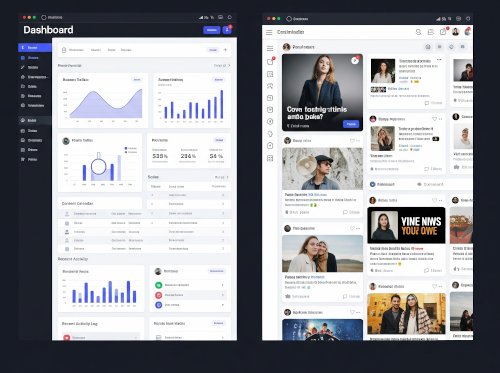
🎯 Convert Browsers into Buyers
A website isn’t just informational—it’s transactional. With clear CTAs, service pages, and contact forms, you can guide visitors toward action. Whether it’s booking a consultation or requesting a quote, your site becomes a conversion engine.
Use conversion-focused modules like testimonials, trust badges, and interactive forms. Even a simple “Get a Free Quote” button can dramatically increase engagement when placed strategically.
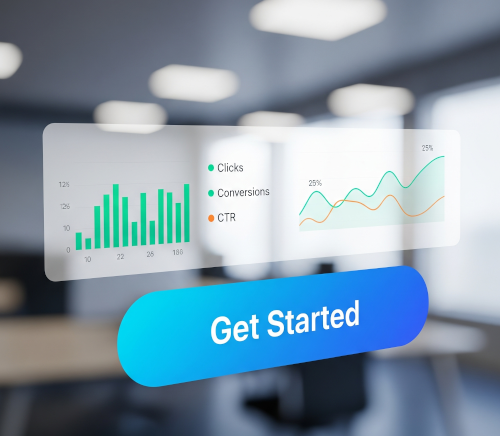
⚙️ Operational Efficiency
Websites streamline operations. FAQs reduce support calls, booking systems eliminate phone tag, and dashboards provide real-time updates. For small businesses, this means saving time and scaling smarter.
Integrate tools like calendars, chatbots, or CRM forms to automate workflows. Your website becomes a 24/7 assistant that handles inquiries, schedules appointments, and collects leads while you focus on delivery.
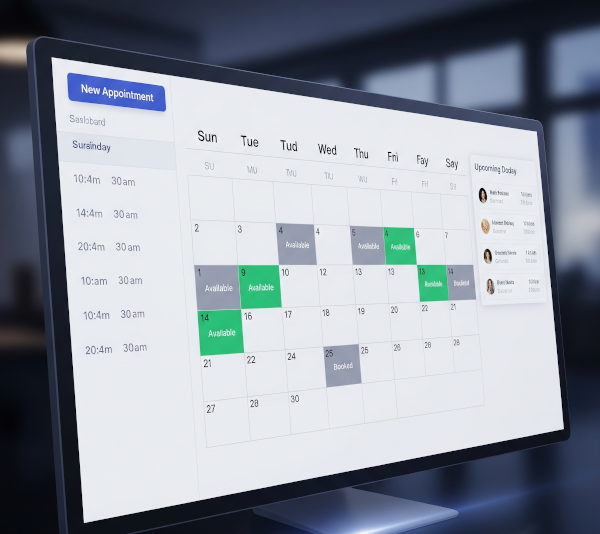
🥊 Compete with Confidence
You don’t need a Fortune 500 budget to compete—you need clarity and strategy. A well-designed site levels the playing field, allowing small businesses to showcase strengths and build trust.
Highlight your unique value proposition, show real customer results, and use modular tiles to present your services in a scannable format. This builds authority and positions you as a serious contender in your space.
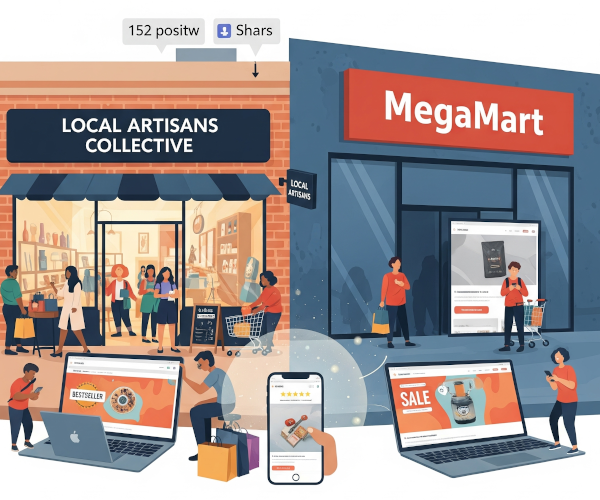
🔄 Future-Proof Your Business
Markets evolve. Expectations shift. A modular, scalable website ensures you can adapt quickly. Add services, launch promotions, or integrate tools without starting from scratch.
Think of your site as a living asset. With the right CMS and design system, you can iterate fast—whether you’re adding a new product line or responding to customer feedback.
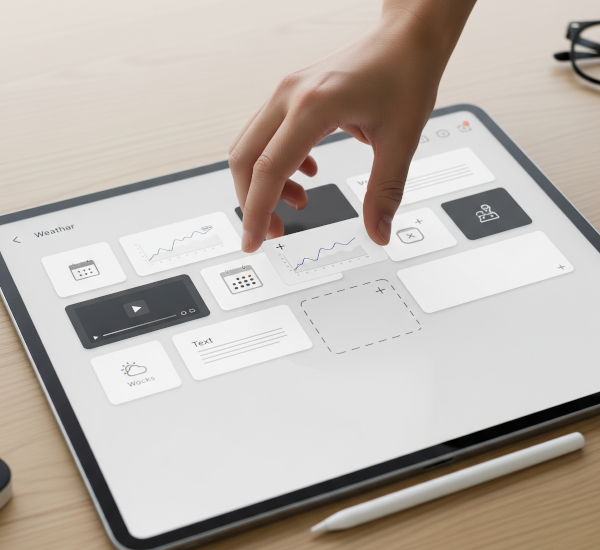
📈 Summary: Why Small Businesses Need a Website
If you’re still relying on word-of-mouth or social media alone, it’s time to upgrade your digital foundation. A website isn’t just a marketing tool—it’s a business enabler. Built with clarity, modularity, and user empowerment, it becomes your most valuable asset.
If you’ve ever wondered why small businesses need a website, the answer is simple: it’s your most powerful tool for growth.
